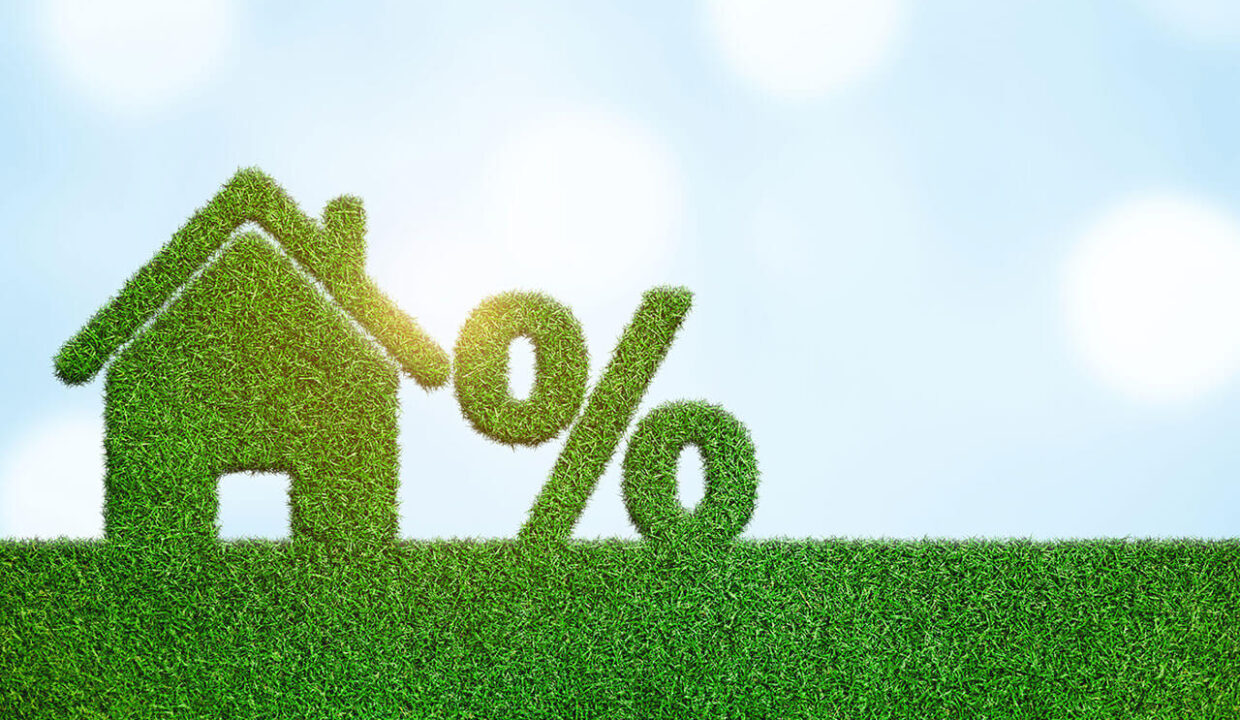
In the Indonesian property and real estate market, the Taxable Object Sales Value, known locally as Nilai Jual Objek Pajak (NJOP), plays a critical role.
This value is essentially the average price derived from sale/purchase transactions and represents the government’s assessed value of a property. Taxable Object Sales Value is not only vital for property transactions, but also serves as a foundation for calculating various property-related taxes.
What is Taxable Object Sales Value?
The Taxable Object Sales Value is the value assigned by the government to a property, reflecting its worth for tax purposes. It helps determine the amount of tax that needs to be paid during property transactions.
For instance, when you buy or sell a house, the Taxable Object Sales Value is used to calculate the taxes associated with the transaction, ensuring that the correct amount of tax is paid.
If a property hasn’t been recently bought or sold, the Taxable Object Sales Value is determined through a comparative analysis with similar properties. This assessment can also be based on the new acquisition value or the cost of replacing the property.
Essentially, Taxable Object Sales Value serves as a standard value for calculating property taxes, which is particularly important for maintaining consistency in tax assessments.
How Taxable Object Sales Value Works
1. Base for Taxes: The Taxable Object Sales Value is the basis for calculating several types of property-related taxes in Indonesia, including:
* Land and Building Transfer Duty: This tax is levied on the transfer of land and building rights.
* Land and Building Tax: A tax on land and buildings, payable annually.
* Income Tax on Property Sales: Tax on the income earned from the sale of property.
2. Determination: The government assesses Taxable Object Sales Value based on various factors, such as the property’s location, the area of the land, the size of the building, and its age and condition. This comprehensive evaluation ensures that the Taxable Object Sales Value reflects a reasonable value for taxation purposes.
3. Potential Issues: One challenge with NJOP is that it may sometimes be lower than the actual market value of the property. This discrepancy can lead to the underpayment of taxes, as taxes are calculated based on the NJOP rather than the market value. Therefore, it is crucial for property owners and investors to be aware of this potential issue.
Taxable Object Sales Value per Square Meter
The concept of Taxable Object Sales Value per square meter is straightforward: it is the Taxable Object Sales Value value determined for each square meter of a property’s land area.
This metric is crucial for calculating the overall Taxable Object Sales Value of a property, as it allows for a more detailed and accurate assessment based on the property’s specific characteristics, such as its size and location.
How to Calculate Taxable Object Sales Value
Calculating the Tax Object Sales Value involves several steps, primarily based on government regulations and assessments. Here’s a general outline of the process:
1. Assessment by the Government: The local government assesses the NJOP annually. This assessment considers various factors, including the property’s location, land area, and the type and condition of any buildings on the land.
Factors Considered:
* Location: Properties in more desirable or central locations tend to have higher NJOPs.
* Land Area: The size of the property’s land area is directly proportional to its NJOP.
* Building Size and Condition: Larger and newer buildings generally have higher NJOPs.
2. Comparison Method: If there hasn’t been a recent sale, the NJOP can be determined by comparing the property with similar properties in the area. This method helps ensure the NJOP reflects a fair market value.
3. New Acquisition Value: For new properties, the NJOP may be based on the acquisition cost, adjusted for factors such as inflation and market conditions.
4. Replacement Cost: For older properties, the NJOP can also be calculated based on the cost to replace the building and other structures on the land, taking depreciation into account.
Importance of Taxable Object Sales Value for the Property Business
For those involved in the property business, understanding Taxable Object Sales Value is essential for several reasons:
– Accurate Tax Calculation: Properly determining the Taxable Object Sales Value ensures that all taxes are accurately calculated and paid. This accuracy helps avoid penalties that may arise from underpayment or overpayment of taxes.
– Property Valuation: Although Taxable Object Sales Value might not always align with market value, it provides a reliable baseline for property valuation. This baseline is useful for financial reporting and setting property prices.
– Investment Decisions: Knowing the Taxable Object Sales Value of a property helps investors assess the potential return on investment. It provides a preliminary measure of property value and helps investors make informed decisions regarding the profitability and potential risks of property investments.
Optimize Property Transactions with Seven Stones Indonesia
In summary, understanding the Taxable Object Sales Value is essential for anyone involved in the Indonesian property market. It is a key factor in tax assessment, property valuation, and investment decision-making. For a seamless and secure property transaction experience, consider leveraging the comprehensive services of Seven Stones Indonesia.
Our real estate transaction managers are equipped to handle every aspect of your property needs, from dealing with legal complexities, to managing properties for optimal investment returns. Contact Seven Stones Indonesia today to ensure your property dealings are professionally managed and your investments are maximized.
